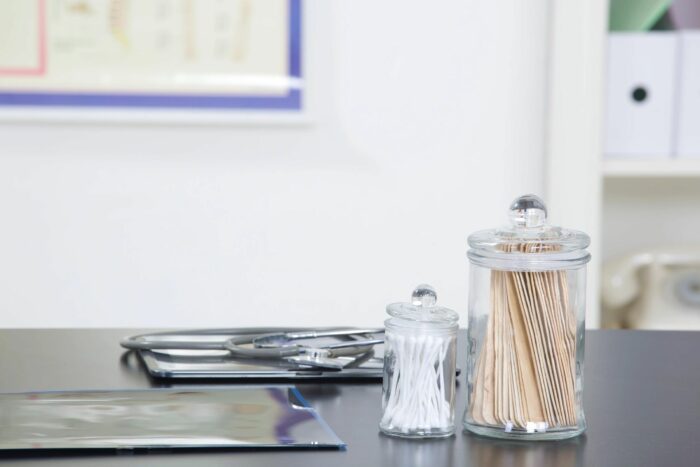While body hair is perfectly natural, some women can experience too much growth, making them feel awkward and uncomfortable in certain situations.
If you feel that you have excessive, unwanted hair, it could be the result of a condition called hirsutism. Hirsutism is where the light strands that cover all of the skin on your body and face turn darker than they do for most of the adult female population, giving the impression that you have a beard, mustache, or hairy arms.
Hirsutism is a condition that affects between five and ten percent of women. It is not the same as hypertrichosis, which is where the hair follicles on the surface of the body suddenly start sprouting unwanted hairs at random. Instead, it typically happens in regions where you ordinarily see hair growth in men, such as around the chin and abdomen.

Why Do Some Women Have Excessive Hair Growth?
The reasons for hirsutism fall into a range of categories.
Polycystic ovarian syndrome (PCOS) accounts for around three out of every four cases of hirsutism. PCOS is a condition where benign cysts cover the ovaries, leading to hormonal changes and menstrual issues that signal to the body to start producing male body hair patterns. Women who have PCOS tend to have low mood, problems with sleeping, and infertility.
Adrenal gland disorders can also cause hirsutism. Tumors on the adrenal glands atop the kidneys can lead to the upregulation of certain hormones, critical for life and health. You can also experience higher levels of hair growth if you have Cushing’s disease. Adrenal disorders such as these can lead to a host of additional complications, such as headaches, low blood pressure, and muscle weakness.
How To Treat Unwanted Body Hair
Researchers are already using specialist compounds like Chemyo RU58841 to identify the root causes of hirsutism in women and develop treatments. In fact, some are already on the market. Let’s take a quick look at some of your options for dealing with unwanted body hair.
Antiandrogenic Medications

An “androgen” is a compound in the body that gives it a more male or masculine appearance. Women with hirsutism tend to have a male pattern of body hair, and so it makes sense to provide them with drugs that counteract the effects of the androgens. Antiandrogenic medications, therefore, help the body return to balance, reducing excessive male hormones if they’re present.
Birth Control Pills
Some research suggests that birth control pills might be able to help women reduce the size of their PCOS cysts, helping to restore a healthy hormonal environment. The increase in the production of estrogen will usually reduce excessive body hair and cut down the risks of long-term hirsutism.
Use Hair Removal Tools
While there is a range of hair removal tools, some are better than others. Laser hair removal is arguably the most powerful. It involves damaging the hair follicles themselves so that they can no longer make the hair that causes hirsutism. Other methods include electrolysis, waxing, shaving, and epilating.


